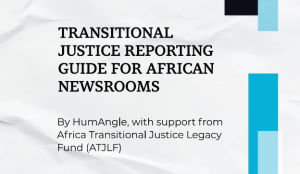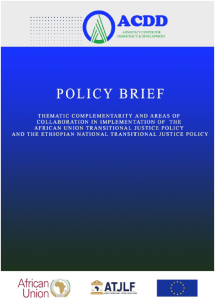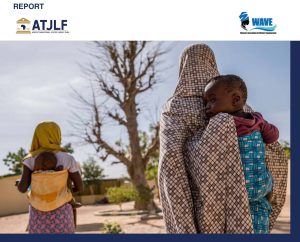Situated inside Senegal, its bigger neighbour, and with one of the smallest population and landmass in continental Africa, the Republic of the Gambia initially enjoyed an enviable record of political stability and social harmony after independence. However, the post-colonial democratic experiment in the Gambia was truncated by the July 1994 coup led by Yahya Jammeh. Although, the Gambia was returned to the path of constitutional order by Jammeh in 1996, the reign of terror and the atmosphere of fear occasioned by the authoritarian streaks that characterized the façade of democratization and constitutionalism under the Second Republic systematically undermined the values of peace, democracy and human rights. For two decades, the Gambia existed as an illiberal democracy until President Jammeh’s surprise electoral defeat in the 2016 presidential poll. While the defeat of Jammeh’s and the attendant democratic transition path marked a new beginning, the twenty-two years of Jammeh’s authoritarian reign left the Gambia with plethora of constitutional, institutional and structural issues that needed to be addressed.
 Loading...
Loading...
The Centre for Research and Policy Development has provided support to the nation’s security establishment through its flagship programme on transitional justice, security sector reform and human security programmes with funding from the Africa Transitional Justice Legacy Fund (ATJLF).
